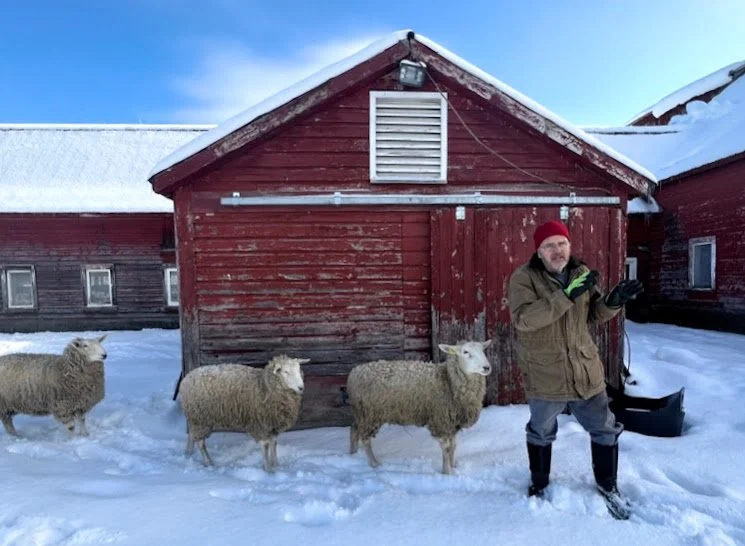By Aubrey Weaver
Poet Arthur Peach once wrote that "Vermont from the beginning has been a state of towns ... and in them only can the real Vermont be found and seen."
Lately, some town leaders feel they haven’t been seen by legislators.
"The general tenor in Montpelier tends to be that 240-something towns is just too many," said Andy McLean, the town clerk in Dover, a place with fewer than 1,800 residents.
Isle La Motte town clerk Stephen Mank, whose island town has fewer than 500 residents, doesn't think many legislators are "aware of what small town life is like, as opposed to living in Burlington."
McLean and Mank come from two of about 60 communities Gov. Phil Scott wants to prioritize in state budget talks, and they’re hoping his proposals shift the way they feel they’re viewed in the Statehouse.
In both his inaugural and budget adjustment addresses this month, Scott placed a priority on closing the economic gap between Vermont's more populated cities and its small, rural towns.
The governor proposed $3 million in his budget to help Vermont's least-equipped towns take advantage of funding from the federal American Rescue Plan Act pandemic relief measure.
The fund would be geared toward communities lacking the personnel or budgets to find, fund and finish projects through the Covid relief act. The program would serve communities that score at least 75% in a state Agency of Administration index meant to determine the most underserved towns.
Dover and Isle La Motte are two of about 60 municipalities that meet the threshold, according to a document from the agency.
From what Vermont Council on Rural Development executive director Brian Lowe can tell, other rural leaders feel similarly about the prospect of new funds.
"Obviously, one spending change doesn't solve all problems, right?” said Lowe. “But it's a really important step in the right direction."
He added: "From what we've seen in communities, additional resources to help towns access federal funds is a really welcome initiative."
The Dover and Isle La Motte town clerks, while almost as far from each other as possible within the state, couldn't be closer when it comes to rural priorities.
"Having funds available lets us provide a better class of services to the people who live here," Mank said. "The issue for rural towns is, you know, critical mass and economies of scale … The kind of facility and the kind of capabilities that the larger towns and cities can offer generally aren't available."
Small towns might have the same kinds of needs as urban areas, McLean said, but the ways they can go about addressing them are much different.
“You put a cell tower in a valley where a population center is, you're gonna hit everybody — it's just not the case up here in the mountains. And so the internet winds up being an issue,” he said.
To illustrate the difference in how larger and small communities complete projects, Mank pointed to the goal of digitizing town records. He said the task is something the larger budgets and resources of bigger communities can accommodate easily but is quite the struggle for towns like his.
He said Isle La Motte hasn’t had much money to spare for projects like records digitization, which he attributed to various state fees. “Once you pay all the state fees, particularly for education, all you have left is the bare minimums to keep the lights on and do the things you're supposed to do from a processing perspective," he said.
When asked what priorities Dover has for budgeting, McLean chuckled and said, "Housing, housing and housing."
He outlined concerns about the lack of affordable housing in town and the ramifying effects it has on residents. McLean wants Dover residents to be able to work and live in the town and do so while making a living wage.
That way, he said, "you don't have to commute from three towns away. And you can send your kids to school here and be a part of the community."
Both Mank and McLean support the idea of requiring a minimum amount of funding in the state budget for small towns to fund projects they can’t afford alone, a concept pitched by Scott in his inaugural address.
That would “help a lot of the smaller towns be able to at least hold their own," Mank said.
But he had a reminder for the governor: "It's one thing to talk about it. It's quite another thing to pull your checkbook out and do something about it."




